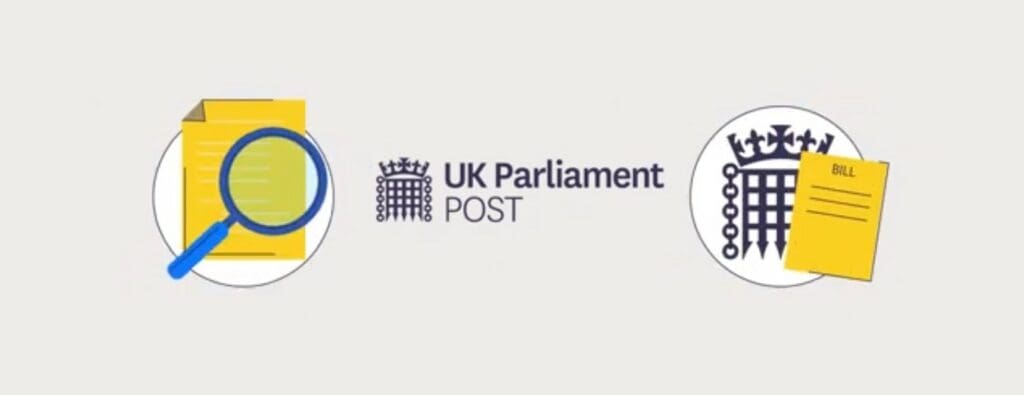VOX-Pol’s Coordinator, Professor Maura Conway, was interviewed for a new report on Online Extremism by the UK Parliamentary Office of Science and Technology (POST). POST produces peer-reviewed and impartial scientific research briefings for the UK Parliament in the form of four-page POSTnotes, which are informed by literature reviews and stakeholder interviews. This POSTnote describes how the online environment can be used for extremist purposes, how exposure to online extremism can influence people and potential strategies to counter extremist content online.
A wide variety of VOX-Pol publications wers also cited in the report, including Ian Brown and Josh Cowls’ 2015 VOX-Pol report Check the Web: Assessing the Ethics and Politics of Policing the Internet for Extremist Material, Alexander Meleagrou-Hitchens and Nick Khaderbhai’s 2017 VOX-Pol report Research Perspectives on Online Radicalisation:A Literature Review 2006–2016, Bharath Ganesh and Jonathan Bright’s (Ed.s) 2020 VOX-Pol report Extreme Digital Speech: Contexts, Responses and Solutions, all of which are free-to-access on our website.
Also cited were Gill et al.s Criminology and Public Policy article ‘Terrorist Use of the Internet by the Numbers‘ (2017) and Zoey Reeve’s Terrorism and Political Violence article ‘Engaging with Online Extremist Material: Experimental Evidence‘ (2019), both of which also emerged out of VOX-Pol and both of which are open access too. VOX-Pol Research Fellow J.M. Berger’s MIT Press book Extremism was also drawn upon in the report, for which VOX-Pol and University College London’s Prof. Paul Gill acted as an external reviewer.
Key points from the report are:
- The internet can leave users vulnerable to social challenges, which creates opportunities for extremism to spread. Users can be exposed to extremism in multiple ways, including through recruitment and socialisation.
- Extremist content may be found on mainstream social media sites and ‘alt-tech’ platforms, which replicate the functions of mainstream social media but have been created or co-opted for the unconventional needs of specific users.
- Automatic detection can be used to moderate extremist content on a large scale. However, this is prone to false positives and may disproportionately impact a particular group, which can fuel mistrust in the state.
- Many stakeholders believe that current counter-extremism responses are too focused on law and technology, and do not address the underlying reasons that people are drawn to extremist content. Individual and societal interventions aim to identify underlying socio-economic and cultural contributors and implement protective factors to reduce how many people develop extremist views.
You can read the POSTnote in full HERE.
